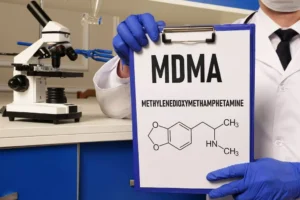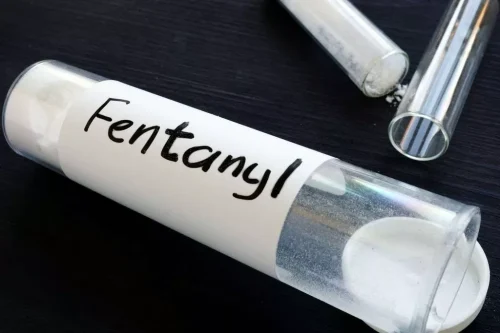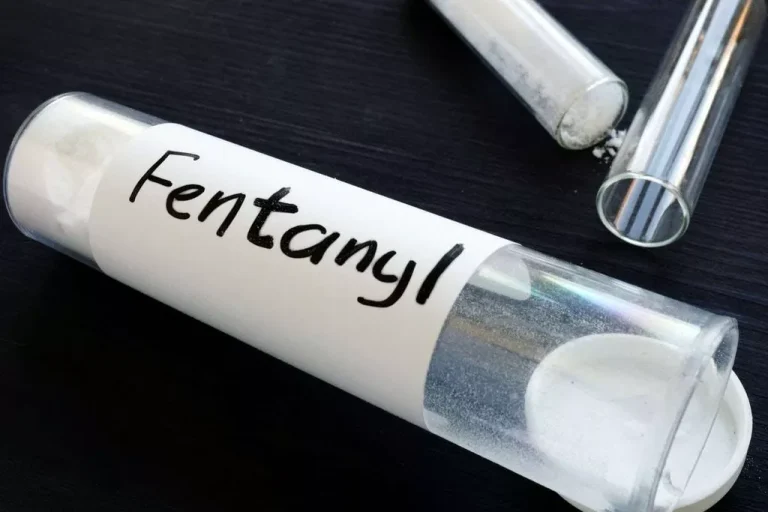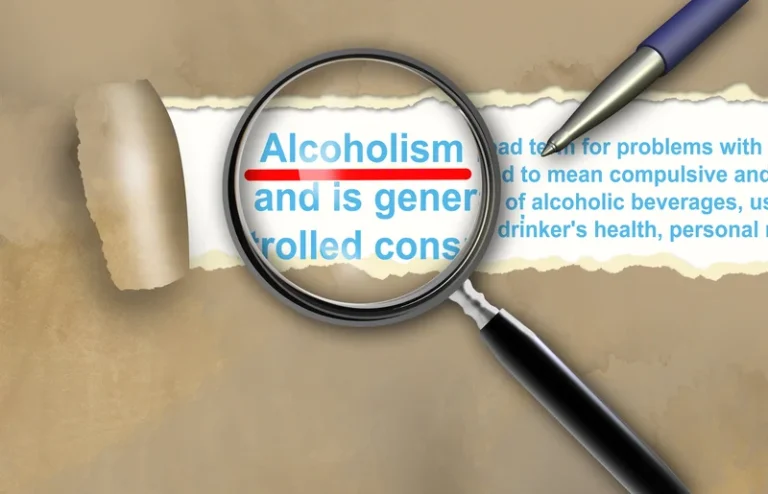We encourage everyone to reinforce positive lifestyle changes through adventure, support, and peer feedback. To have the best chance for effectively recovering from addiction or substance abuse and remaining sober long-term, individuals should look for drug-free, stable housing that will support their recovery. Ascension House provides high structure and accountability to individuals recovering from addiction with safe and comfortable sober living homes in Austin, TX. If you’re asking, what https://www.djrotterdam.info/5-takeaways-that-i-learned-about-9/ is a sober living house, know that it’s more than just a place to stay—it’s a supportive community dedicated to your growth, stability, and long-term sobriety. Sober living houses provide a supportive, accountable environment that promotes responsibility, builds life skills, and supports lasting sobriety. Many sober living houses emphasize a community-oriented approach, organizing activities, group outings, and shared meals.
When considering a sober living house as a supportive environment for your recovery journey, there are several factors to take into account. Some key considerations include the location, amenities, house culture, staff qualifications, and the availability of aftercare support. To find a suitable house for your needs, you can utilize various resources and tools. Living near others who are also in recovery can sometimes lead to disagreements.
How Does Rehab Differ from a Sober House?
In some cases, sober living homes will contract with licensed drug rehabilitation centers and therapists as a means for providing an even greater level of care. These types of sober livings do tend to charge higher fees, however, they are often able to provide a very affordable alternative to what would otherwise constitute high-priced inpatient treatment. People in recovery receive peer support and accountability in a level-one sober living home. Residents may choose to engage in community support groups, counseling, and anything else to help them stay sober. For many women, the crucial months following residential treatment determine whether recovery sticks or slips away.
Are There Non-Profit Sober Living Homes?
Your sober living community will provide you with invaluable peer support and motivation to continue on your journey to a life free from addiction. A sober living house is a type of residence for people recovering from addiction that provides a safe, supportive, and substance-free environment. Unlike formal rehab centers, sober living houses do not typically offer intensive therapy or detox services. Instead, they provide a structured living arrangement with rules and expectations aimed at supporting sobriety and responsible behavior.
- Most residents of these homes have recently completed an inpatient or outpatient treatment program.
- Residents are usually required to follow house rules, such as attending regular group meetings, maintaining sobriety, and contributing to the home’s upkeep.
- Before leaving treatment, it’s essential to research and identify a suitable homee that aligns with your needs and preferences.
- Over the years, sober living houses have evolved to meet the needs of those in recovery.
- Meanwhile, in regions such as North and South Carolina, “recovery home” is more familiar.
These skills will enable someone to function well in society when they leave the facility. You become part of a recovery-focused community to improve your social health. Connect with us to become a VSL Chartered Operator and learn how you can make a difference in the lives of those on their recovery journey. Halfway houses serve as the halfway point between an institution and independent society, with residents usually coming from either correctional or inpatient treatment facilities.
Common House Rules of Sober Living Homes
Please review the chart below for more information about the continuum of care. They also tend to be affiliated with addiction treatment centers that provide outpatient programs. Most homestays will cost between $500 to $1,200 monthly, with all services included.
What Is the Jellinek Curve in Addiction and Recovery?
For example, gender-specific sober living houses provide a safe and supportive environment for individuals who feel more comfortable living with others of the same gender. Specialized sober living houses cater to specific populations such as individuals with co-occurring mental health disorders or those in recovery from specific substances. At its core, it is a drug and alcohol-free living space that provides a structured and accountable environment for individuals in recovery. A sober house is more than just a place to live; it is a community of individuals who are committed to supporting each other’s recovery journeys. The goal is to provide a supportive environment that promotes sobriety, encourages personal growth, and facilitates the reintegration of individuals into society after completing substance abuse treatment.
- Residents rely on personal funds, government assistance, or nonprofit support to cover costs.
- The skills, habits, and connections you build during this transition period often make the difference between temporary sobriety and lasting recovery.
- They focus on helping residents reintegrate into society by fostering a stable and supportive environment.
- Whether you or a loved one is seeking a sober place to live in West Palm Beach, consider reaching out to Aloha House Palm Beach to learn more about their supportive and structured housing options.
- We wish you all the best on your path towards sobriety and a healthier, happier life.
Julia Childs Heyl is https://www.manchesterunitedjersey.us/2023/12/28/the-best-advice-about-ive-ever-written-13/ a clinical social worker who focuses on mental health disparities, the healing of generational trauma, and depth psychotherapy. Under the CARES Act, the BOP was allowed to send inmates with underlying health conditions to home confinement for a part of their sentence, some having many years remaining. The program was a success with over 99% of inmates completing their sentence at home without incident. Then-President Joe Biden later commuted the remaining sentences of those on home confinement under the CARES Act just before he left office.
Many people enter sober living houses after intensive inpatient or outpatient treatment. If you are in treatment, you may work with a social worker or care coordinator who arranges for sober living. However, most sober living houses do not require you to have had any specific type or amount of addiction treatment before entering. Many are available as a resource to anyone who needs help with addiction and is willing to take action toward recovery.
These residences serve as an important bridge, allowing people to practice independence with the reassurance of a supportive community and a structured environment. Sober living homes provide a structured and supportive environment for individuals in recovery from drug or alcohol addiction. While many guests have completed treatment programs or are referred directly from incarceration, this is not a requirement. Residents in a sober living home function as a family unit, relying https://saltandpreppy.com/charlestonrecoverycenter/ on one another for support and accountability. These homes are governed by a set of house rules, and guests pay rent to the recovery home operators. A sober living house is a place where people recovering from addiction can live together in a safe, substance-free environment.













.jpg)
.jpg)






